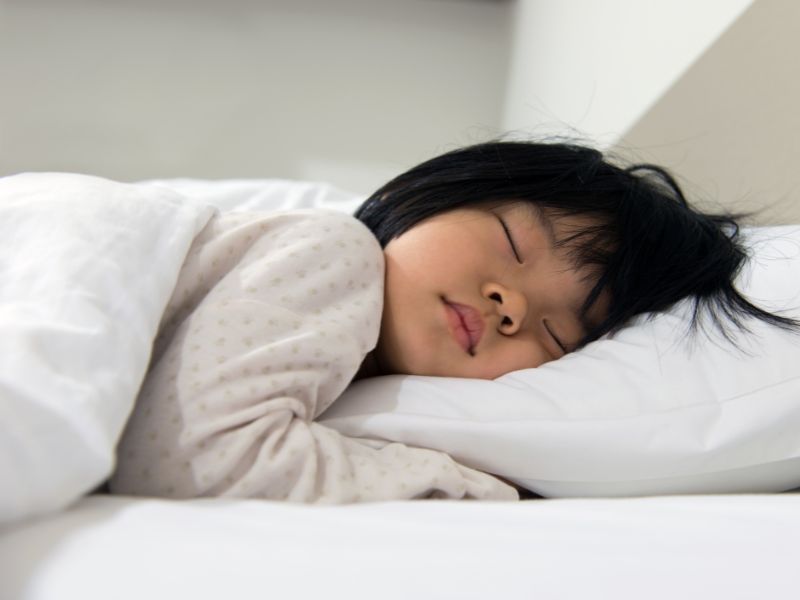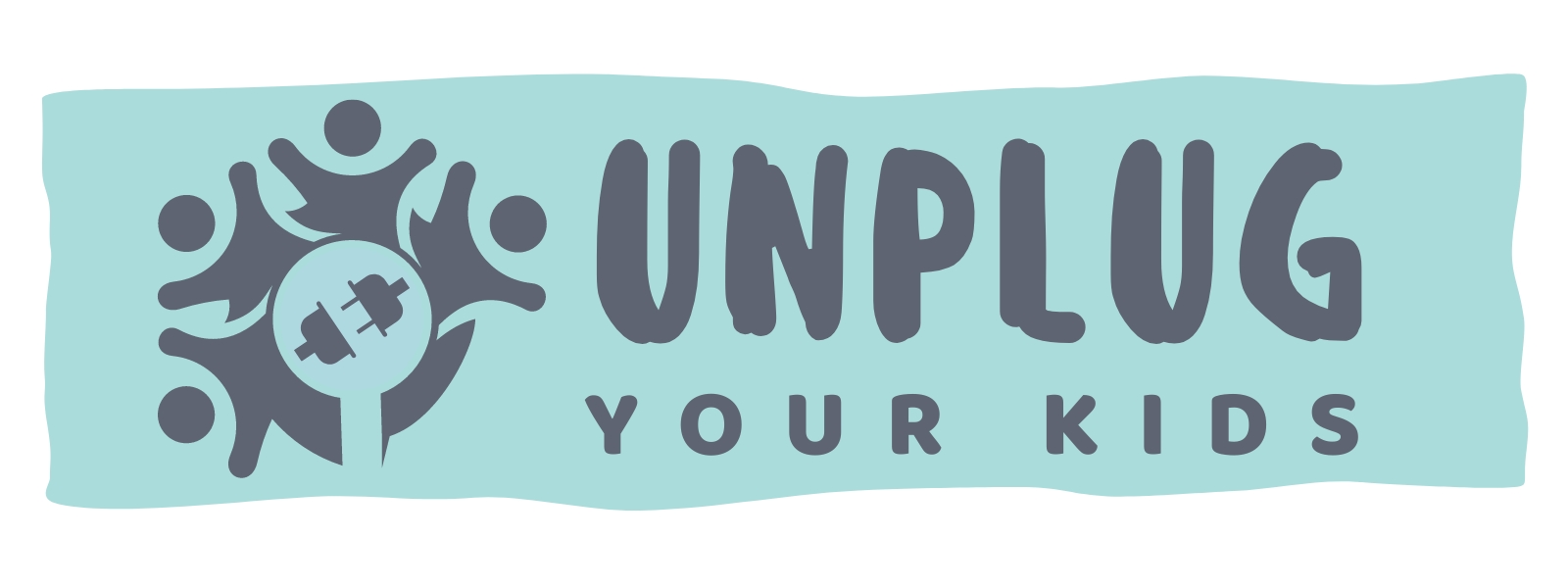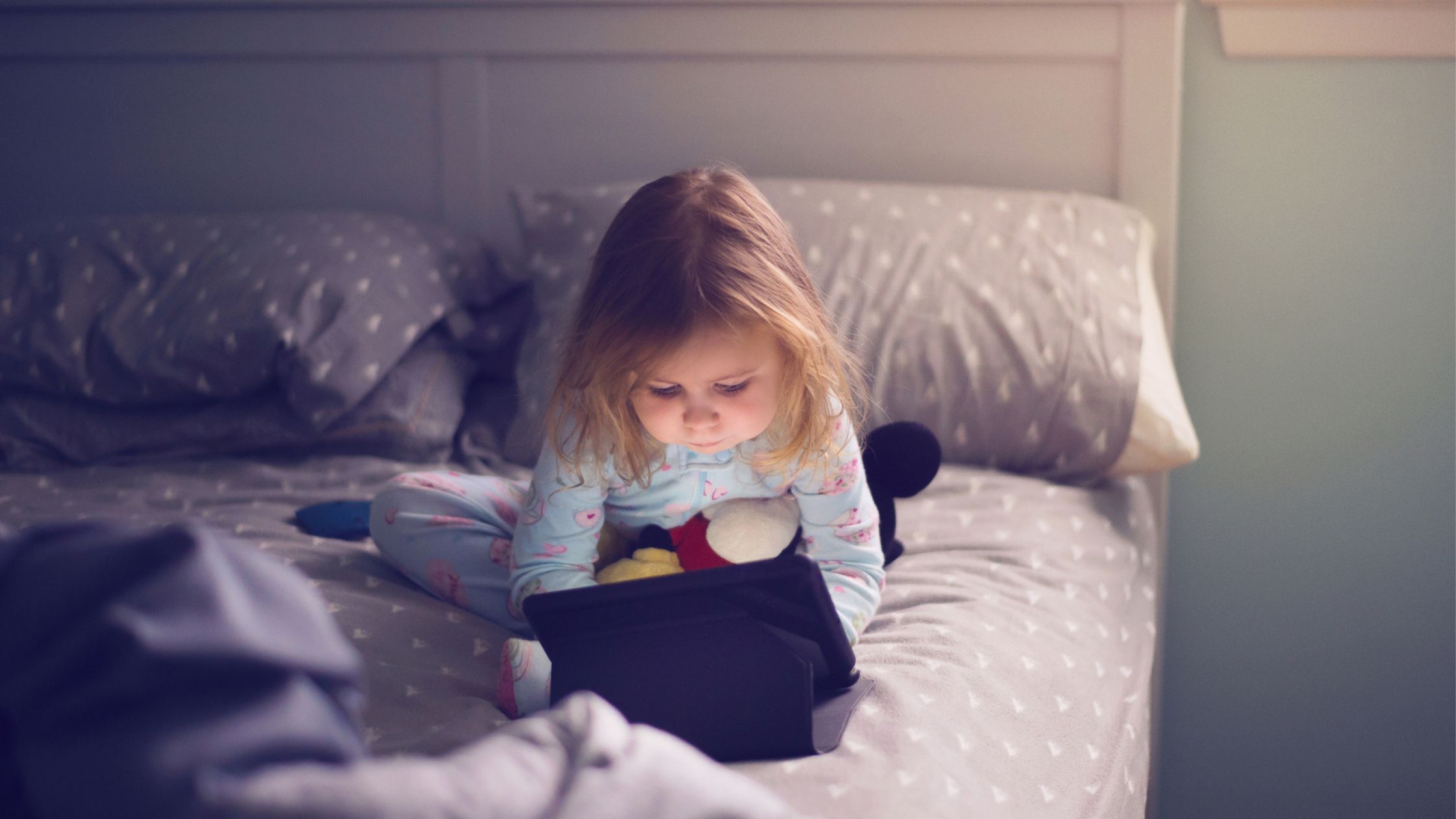When you were growing up, your bedtime routine probably went something like this; you brushed your teeth and had an early dinner where you were asked if you had done your homework. Then, you had to rush off to bed, and if it was a good night, you got a bedtime story.
With our kids, the story is different. Electronic devices are an integral part of their lives. They use it for everything, from education to entertainment. Pop your head into your child’s bedroom, and they are most likely staring at computer screens.
You don’t mind. It saves you time and lets you have that last glass of wine without feeling guilty. You could even catch up on your favorite show before you sleep. It is a win for everyone, right?
Research disagrees. Uncontrolled evening screen use might be affecting your children’s sleep quality.
Why Is Sleep So Important?
Sleep is important for children, not only because it keeps them bright and happy in the morning but also because it is important for physical and cognitive development.
During deep sleep, growth hormones are secreted. Sleep also offers a level of protection against different conditions like the common cold and the flu.
Research has shown that healthy sleep habits also helps boost your child’s performance in school.
As you can see, sleep is important for your child; unfortunately, screens and sleep are not a great combination, especially for children. Recent studies show that screen time is not so bad, but only in moderation. Unfortunately, kids spend more time staring at a screen than is recommended.

Let’s look at Statistics
As a parent, here are a few statistics you should know about kids and screen time:
- About 50% of kids under the age of 8 have a tablet. These kids spend at least 2 hours a day staring at digital screens.
- One-third of children do not get enough sleep. The number increases with age as more than 50% of adolescents are sleep deprived.
This is disturbing, but is there really a correlation between sleep and the amount of time your kid spends in front of a screen?
Studies agree. Research has shown a relationship between the quantity and quality of sleep and technology use at bedtime. These studies show that children who watched tv or used their PCs at bedtime got 30 to 60 minutes less sleep than those who did not use any technology an hour before bedtime.
How Screen Time Affects Sleep Time
Our kids need sleep. They need it to grow and think. They need it to play and learn. When your child is exposed to digital technology immediately before or during bedtime, they might lose a substantial amount of sleepleading to poor sleep quality. This can be due to several reasons:
It Keeps Them Alert
If your child is staring at a screen before bedtime, their brain is stimulated. A stimulated brain is the bane of sound sleep. It fuels the body with adrenaline and disrupts the action of sleep hormones.
Simply put, it will take your child some time to calm down and enter sleep mode.
Blue Light Exposure Suppress Melatonin Levels
Melatonin is the sleep hormone. It promotes sleepiness and is based on our circadian rhythm. So melatonin levels are low during the daytime and increase throughout the day, reaching their peak at midnight.
Blue light exposure reduces the action of melatonin, which can be a good thing. During the day, the blue light emitted by the sun promotes energy and concentration. It also promotes a healthier sleep pattern.
However, nighttime exposure to blue light from too much screen time does not have the same advantageous effect. Artificial blue light tricks your brain into producing less melatonin, so your kids do not feel sleepy when they should. It keeps them awake past their bedtime leading to inadequate sleep.
What Happens When Your Child Is Not Sleeping Enough

We have established that screen media use might affect your child’s sleep duration, reducing the amount of sleep your child gets. Insufficient sleep in toddlers can negatively affect their physical, emotional, and cognitive development. Here are some of the most common effects:
Impairment Of Physical Growth
Remember, growth hormones are secreted during deep sleep. By implication, poor sleep can slow toddlers’ physical growth and development, leading to delayed motor skills and decreased muscle strength. This is because the body is not secreting enough growth hormones to aid proper development.
Decreased attention span and learning capacity
Do you remember a day you didn’t get adequate sleep? You probably found it difficult to concentrate on carrying out your duties. Toddlers have to deal with the same problems when they do not get enough sleep. They may have difficulty focusing and struggle to pay attention or remember things. This can negatively impact their learning capacity.
Behavioral problems
Restorative sleep is vital for a healthy psyche. It helps alleviate mental stress and plays a vital role in your toddler’s mood the next morning. Sleep-deprived children may exhibit increased tantrums, emotional outbursts, and irritability.
Weakened immune system
Sleep research shows that quality and restorative sleep is linked to a healthier immune system. A lack of sleep can weaken the immune system, making toddlers more susceptible to infections and illnesses.
Risk of obesity
Poor sleep patterns in toddlers have been linked to an increased risk of obesity, as the hormone that regulates hunger and satiety can become disrupted.
Toddlers who do not sleep well at night will be less active in the morning. They also tend to have poor eating habits increasing the chances of becoming overweight.
It’s important to ensure that toddlers get sufficient and regular sleep to promote healthy growth and development. To do this, limiting screen time becomes necessary.
Should You Ban Screen Time?
No, you shouldn’t. In the right amount, screen time is a great way to foster physical and mental health. It is also an important means for your toddler to relax. That gummy smile as they watch their favorite kid’s show is one of the highlights of our day.
But we understand that excessive screen time, especially before bed is bad. So we must find ways to reduce your child’s time in front of the tube and mitigate these negative effects.
How To Reduce The Effects Of Screen Time On Your Child’s Sleep
Here are a few tips to ensure your toddler is getting just enough screen time to guarantee quality and restorative sleep:
- Watch with them. This might sound like it defeats the entire purpose of screen time. You propped them in front of the screen because you wanted some ‘you’ time. However, while watching the show, you can ensure you reduce screen time and shut off the screen at the right time. You also get to keep an eye on what they are watching.
- No screens except when necessary. Are you heading to the mall with your toddler? There is no need for them to watch a screen. Converse with them or sing along to their favorite songs. This is a great way to reduce time spent in front of the screen.
- Have a regular nighttime routine. Consistent bedtime routines are also important if you want your to help your child fall asleep quicker. If they sleep at a specific time, their bodies will become hardwired to associate that time of day with sleep.
- Set a curfew. Limit screen time to at least an hour before their bedtime. After this, all movable screens should be left in the family room. This will give their brains enough time to lose the stimulation from the screen, and their bodies can secrete enough melatonin to lull them to sleep.
- Only let them watch age-appropriate content. Violent content should be off-limits, no matter the time of the day as it can affect sleep patterns. If you are struggling with finding the right media for your child, read reviews online for apps, programs, and games that help improve sleep.
- Take them outside. If your child is still not sleeping properly after this, maybe it is time to focus on other factors that are not screen time. Take them outside to enjoy the sun. Remember, adequate sunlight helps with proper sleep patterns. Also, ensure that they are getting the right type of food.
If, after all these, you still wake up in the middle of the night to see your toddler bright-eyed or find that they have trouble sleeping, it might be time to get a doctor involved.
How Much Sleep and Screen Time Should Your Toddler Be Getting?
The younger a child is, the more sleep they need. This translates to less screen use. Your toddlers are still developing and need as much sleep as possible.
It is recommended that your toddler should have at least 11-14 hours of sleep. And while screen time is not taboo, you should refrain from putting them in front of a screen as much as possible. Ideally, they should spend less than an hour in front of any screen.
Conclusion: Healthy Sleep Habits Are Necessary
Toddlers can be difficult to manage, and setting rules around screen time can be daunting. However, sufficient sleep is necessary if your child is to grow up healthy. Involve them in activities that will help stimulate development. And if it is necessary, put your feet down but do not sacrifice your child’s sleep for more screen time.
They might sulk for a while, but the beautiful thing about toddlers is that they will get used to it soon.

